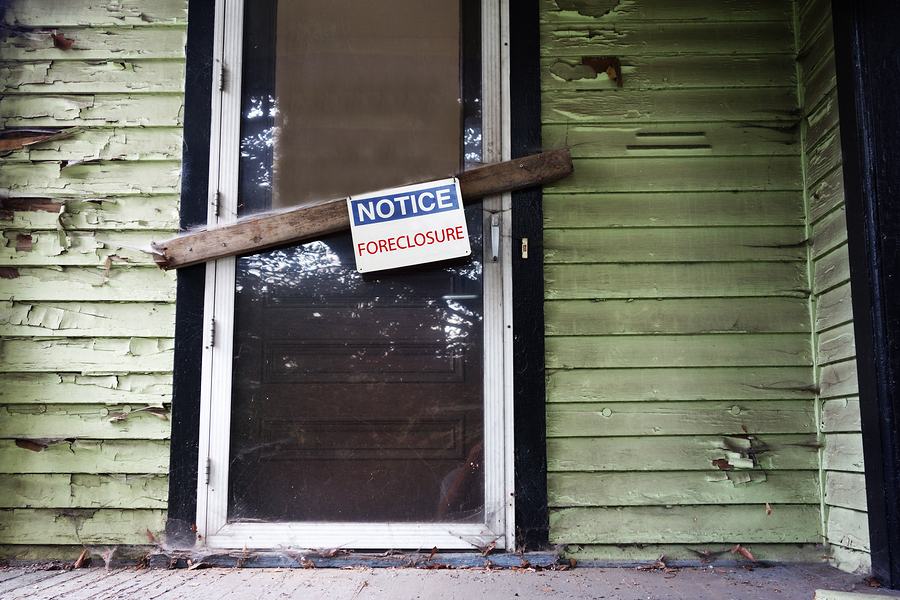Home foreclosures are not uncommon in our economic market, but when a foreclosure sale is unsuccessful, the bank retains ownership. These properties are “real estate owned,” or REO properties. However, lenders don’t want the added responsibility of upkeep and management. REO properties can be a good investment, but it’s important to understand how they’re different from traditional transactions. If you have an interest in buying a lender-owned property, the tips in this article will help get you up to speed.
How Are REO Sales Different?
1. REO properties are sold in “as is” condition
One of the main distinctions between REO properties and traditional real estate transactions, and perhaps the most off-putting, is that bank-owned homes aren’t typically move-in ready. A homeowner who struggled to pay their mortgage is less likely to have kept up with maintenance. While this can bring down the price, it’s a good idea to hire a licensed contractor to get some idea of what it would cost to make the property livable. Sellers don’t repair REO properties. It’s the buyer’s responsibility to determine the home’s condition and any necessary restorations.
2. Perform a title search
Most banks will clear a title before putting it on the market, but don’t assume this is the case. Hiring a trusted title company can help you find any hidden tax liens or issues with the title of REO properties. Don’t skip this step. The surprise could cost you thousands of dollars in unpaid taxes or liens on the property, and that good investment might not seem like such a great idea, after all.
3. REO properties take longer
Keep in mind that corporate lending institutions need to keep track of many properties. The turnaround time on sales will be slower because multiple parties must agree to the final offer. Escrow is also handled differently for REO properties than it is with real estate that is owned privately. The bank has its own internal procedures to follow before contacting the escrow company. This process may require several weeks to be completed.
We hope you found this post useful. For more information on purchasing REO properties please contact us at Bay Area Escrow.

